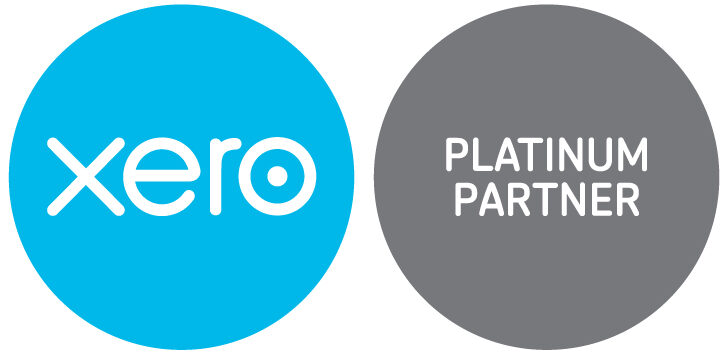The end of the tax year is just a few weeks away and so now is the time to act if you have not made the most of your allowances or exemptions in the 2019/20 tax year.
To help you, here are five things that you should consider doing before 5 April 2020.
1. Make the most of your ISA allowances
The ISA allowance remained at £20,000 in the 2019/20 tax year. If you have not maximised your ISA allowance, use it before 5 April or you will lose it.
Your £20,000 allowance can be split between Cash and Stocks and Shares ISAs. And, if you are aged between 18 and 39, you can invest up to £4,000 of your annual ISA allowance in a Lifetime ISA. You will receive a 25% bonus on your savings as long as you use the money to buy your first home or for your retirement.
Remember also to make the most of your Junior ISA allowance for children under the age of 18. The tax benefits are the same, but the annual allowance in the 2019/20 tax year is lower, at £4,368.
Tip: Make the most of tax-efficient savings by maximising your ISA contributions
2. Make your Inheritance Tax gifts
If you are concerned that your estate will exceed the Inheritance Tax threshold (currently £325,000) then one way to mitigate any tax liability is to make gifts.
While some gifts are already exempt – for example, small gifts of up to £250 are ordinarily exempt – you may also want to make use of your annual exemption.
This allowance lets you gift up to £3,000 a year tax-free. Gifts can include money or possessions and the £3,000 limit applies per individual, meaning couples can gift up to £6,000 a year.
Tip: Review your gifts in this tax year and maximise any exemptions by 5 April 2020
3. Use your pension allowances
Since 2014/15 you have been able to pay up to £40,000 (or 100% of your annual earnings, whichever is lower) into your pension during a tax year and benefit from tax relief.
Any unused Annual Allowance can be carried forward for up to three years.
If your ‘threshold income’ is over £110,000 then you may be affected by the Tapered Annual Allowance. This reduces the standard Annual Allowance as your earnings increase, so those earning adjusted income of over £210,000 have their Annual Allowance reduced to just £10,000.
These allowances may be set to change soon, so keep an eye out for any updates.
Tip: If you have unused Annual Allowance from this tax year, or from up to three years ago, consider topping up your pension before tax year end
4. Take your dividends
The Dividend Allowance for the 2019/20 tax year is £2,000. This means you can earn up to this amount in dividends before you pay any tax on them.
So, if you are in a position where you can control the amount of dividends you receive (for example, if you are a company director) you can pay yourself up to £2,000 of dividends from the business before 5 April 2020 and receive these free of tax.
Tip: Use your £2,000 Dividend Allowance before 5 April and benefit from tax-free dividends
5. Use your Capital Gains Tax allowance
You can realise gains of up to the annual Capital Gains Tax (CGT) allowance of £12,000 without paying CGT.
As you cannot carry this allowance forward, if you do not realise gains before 5 April 2020 you will lose this allowance.
Tip: Take advantage of any unused CGT allowance by reviewing any existing capital gains and losses that you have made in the 2019/20 tax year
Get in touch
If you want to make use of any of your allowances or exemptions before 5 April 2020, we can help. Please get in touch with your usual RPG contact or call us on 0161 608 0000.
Please note
The value of your investment can go down as well as up and you may not get back the full amount you invested. Past performance is not a reliable indicator of future performances.
A pension is a long-term investment. The fund value may fluctuate and can do down, which would have an impact on the level of pension benefits available. Your pension income could also be affected by the interest rates at the time you take your benefits. The tax implications of pension withdrawals will be based on your individual circumstances, tax legislation and regulation which are subject to change in the future.







 Production
Production